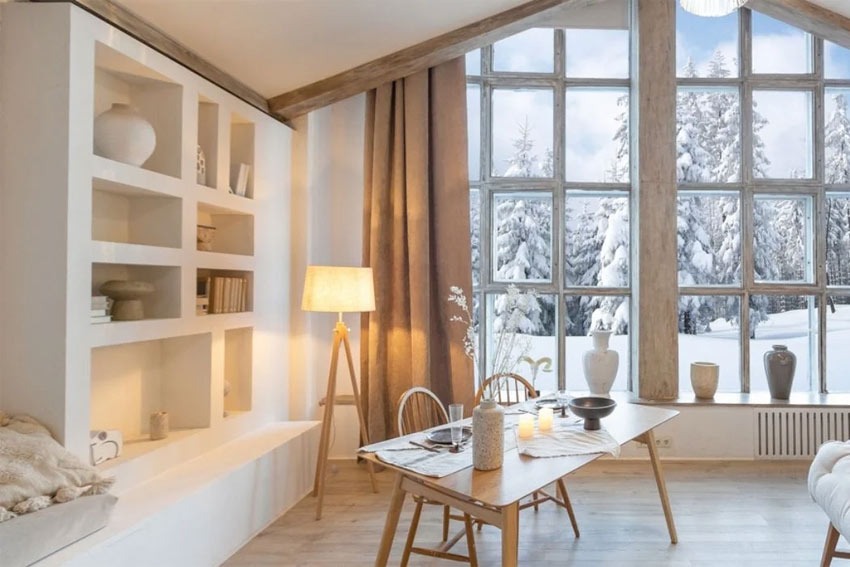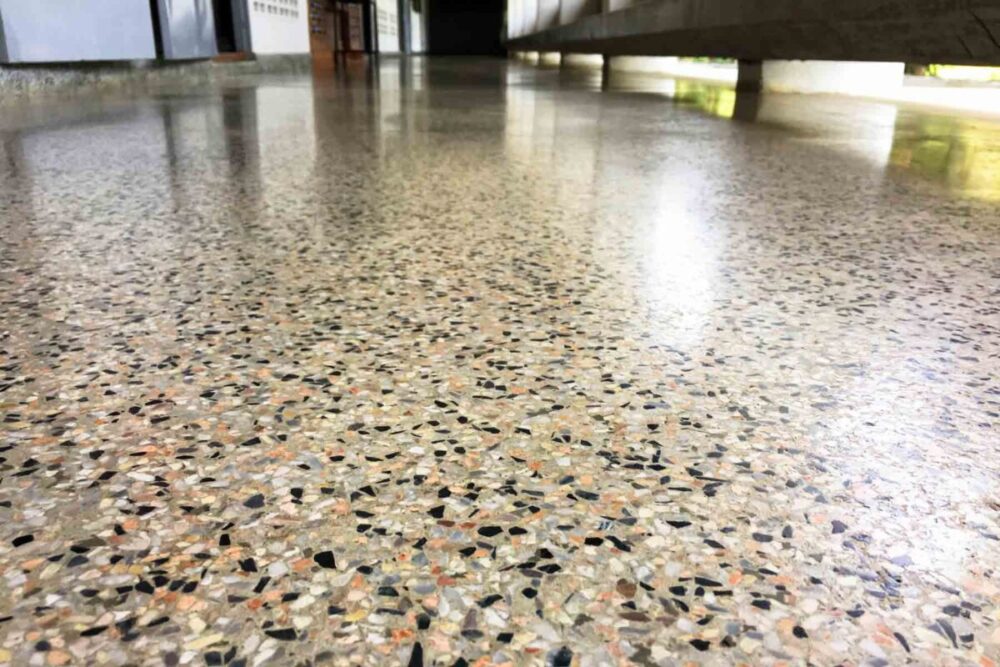If it has been a few years since you bought your air conditioner, it might not be working at its best anymore. An inefficient air conditioner means higher energy costs, more wear and tear, and a shorter lifespan. However, there are many ways you can improve the efficiency of your air conditioner to make it last longer and work better.
Before diving in, you first need to understand the difference between ducted and ductless AC’s.
Ducted air conditioners provide heating and cooling through a central unit and a system of ducts spread out all over your home. Ductless air conditioners are standalone units where conditioned air is introduced into the room through an indoor unit within the room. Window units, mini-splits, portable air conditioners are all types of ductless air conditioners.
1. Invest In Smart AC Controllers

If you don’t have a smart AC, investing in a smart AC controller is a wise move for your wallet and your AC’s long-term health. Smart AC controllers, such as by Cielo, let you stay on top of maintenance by tracking air filter cleanliness. Regular maintenance increases the performance and longevity of your AC.
To save energy and create the ideal home climate, you can set temperature and humidity ranges. You can also use the geofencing feature in case you forget to turn off your AC when leaving your house. The smart AC controller will turn it off for you once it detects you are out of range.
If you have a central air conditioner, you can consider a smart thermostat. Smart thermostats work in much the same way smart AC controllers do, except they are compatible with central air conditioners.
2. Clean Your Air Filters
If you have dirty air filters, they can restrict airflow within the AC unit and decrease its cooling capacity. Whether you have a ducted or a ductless air conditioner, cleaning your air filters routinely is a must.
A visual test is more than enough to check if your air filters need cleaning. Hold them up against a light source. If you can see through them unobstructed, your filters are good to go. If not, it’s time to clean your air filters or replace them. Even if you clean your air filters regularly, you still must replace them every couple of months.
Changing your air filters can save you a whole lot of money.
3. Open And Clean Your Vents
If you have a ducted air conditioner, use a vacuum to clean the vents for unobstructed airflow. For example, unscrew the registers and vacuum the supply vents as far as you can reach. Also, make sure that you have not blocked your ducts with furniture or other household items.
4. Clean Around The Outdoor Condenser Unit

Over time, especially if there are many shrubs around, your outdoor condenser unit can become clogged with dirt and debris. If your condenser is dirty, your air conditioner can no longer cool effectively. Sweep away any leaves and branches from near the condenser.
5. Shade Your Outdoor Condenser Unit
During summers, the heat can get intense. Summer heat doesn’t just affect you; it also affects the outdoor condenser unit. The sunlight heats it, increasing wear and tear while decreasing cooling ability. Providing a bit of shade can go a long way in keeping your condenser in mint condition. Just be careful that you don’t obstruct airflow while providing shade.
6. Clear Your Drain Line
The AC drain line is responsible for removing moisture from the unit and expelling it outside. If the drain line becomes clogged with debris, your AC’s efficiency decreases. Sitting water can also cause rust and corrosion, reducing the life of some of your AC components. Flushing one cup of chlorine bleach down your drain and rinsing it with water will keep your drain line clean throughout the season.
7. Close Your Curtains Or Blinds

Windows are a significant source of heat gain in the summers. One of the easiest ways to reduce said heat gain is to draw your curtains or blinds. Medium-colored draperies with white plastic backings can reduce heat gain by 33%. Even if you do not have white plastic-backed draperies, conventional curtains can also reduce heat gain.
8. Seal Any Air Leaks In Your Home
As your house gets older, several air leaks begin to form near your doors and windows. This can result in a loss of conditioned air and, subsequently, higher energy bills. So first, test for air leaks. If you find any, get rid of them by applying caulk and weatherstrip products. Eliminating air leaks can go a long way in reducing energy bills, and AC wear and tear.
9. Insulate And Seal Your Air Ducts
If you have a ducted air conditioner, you may be losing a lot of conditioned air through leaks in the ducts. Poorly sealed or insulated ducts are a significant cause of energy loss in your home. You can seal visible leaks with specialized duct-sealing tape. Contact a professional to seal any deeper leaks in your ductwork. They may help you with insulation so cold air is not lost while traveling from the unit to the rooms.
10. Avoid Using Appliances In The Afternoon

Avoid using high heat-generating appliances, such as ovens and dryers, in the afternoons. Ovens generate considerable amounts of heat, while a dryer can draw warm air into your home. Consequently, your AC must work a lot harder to cool your home.
11. Install Your Thermostat In The Correct Location
To increase the efficiency of your AC, make sure your thermostat is not installed near a window or any heat-generating appliances. The thermostat will detect the heat from the devices or the sun and consider that to be the actual temperature. Consequently, the AC will run for longer than it needs to, causing increased wear and tear.
12. Go For A Ductless Air Conditioner
If you consider replacing your air conditioner, the most energy-efficient option is a ductless air conditioner. Ducted systems waste up to 30% of energy due to duct leaks. Ductless systems, on the other hand, don’t have any ducts. With ductless systems, you don’t have to waste energy cooling an unoccupied room. Some ductless systems have a SEER rating as high as 30, indicating they are extremely energy efficient.
Implementing these tips and tricks will surely increase your AC’s lifespan, reduce energy costs, and keep you cool throughout the summers.





